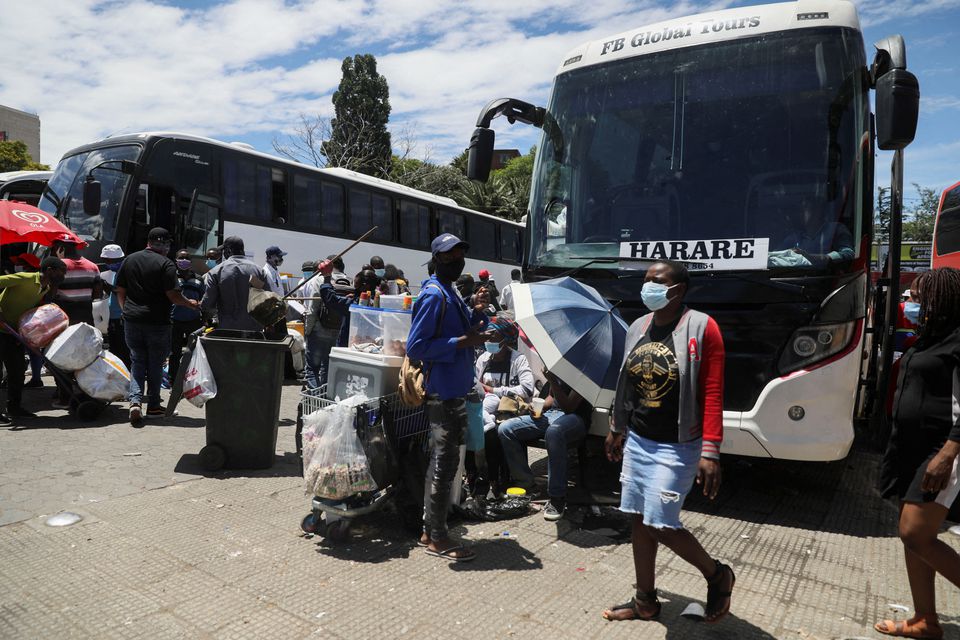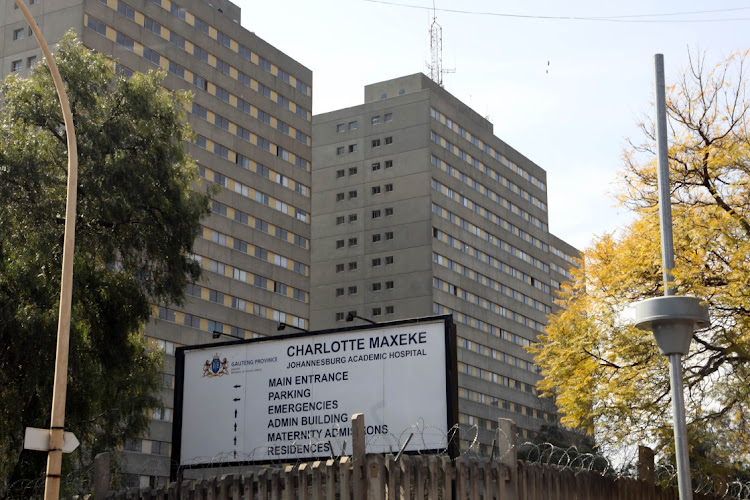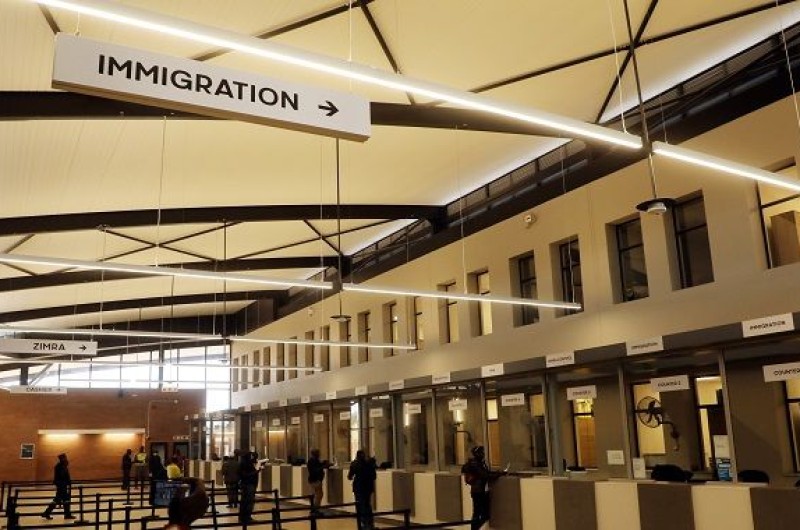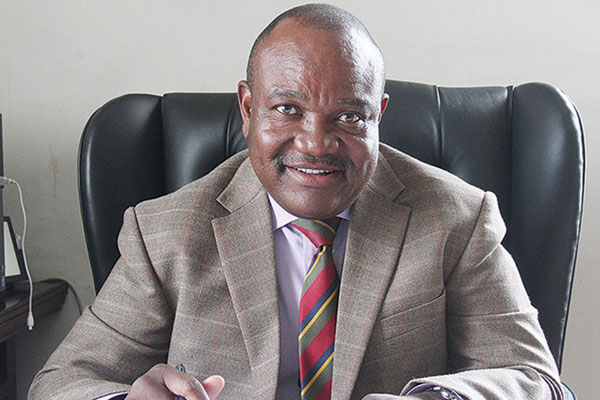JOHANNESBURG, South Africa – This close to Christmas, the undercarriage of Augustin Chibaya’s bus would normally be packed with the belongings of Zimbabweans heading home from South Africa to see their families. Instead, it’s empty, and he and his missing passengers are struggling.
When South Africa became the second country to identify the new Omicron coronavirus variant in November, after Hong Kong, Zimbabwe imposed 10-day quarantine in government-approved facilities on arrivals from its neighbour, at their own cost.
The policy was never implemented but many were already spooked and cancelled their travel plans, dashing the hopes of bus drivers like Chibaya for a bumper festive season after the Covid-19 pandemic shut the borders for much of 2020.
“Look, no business,” Chibaya, 37, told Reuters, gesturing into the empty cargo hold. Just a handful of suitcases stood ready for loading nearby. “This quarantine, this is Covid killing our business.”
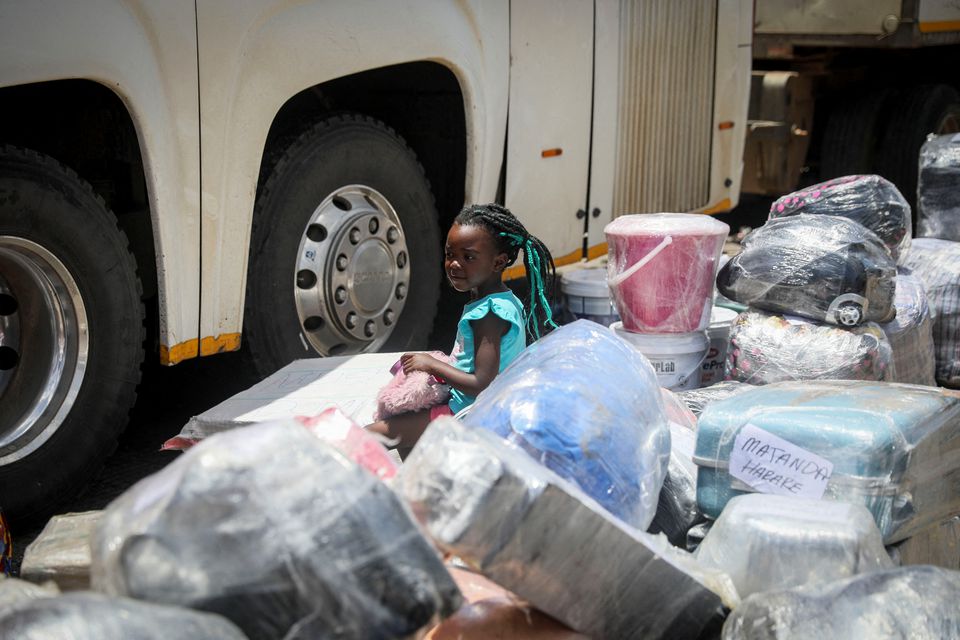
Many countries have imposed travel bans on southern Africa with the avowed aim of trying to protect their populations from Omicron by minimising imported cases, although some have since lifted them.
The World Health Organisation has said pushing countries for identifying variants is dangerous and scientists say such restrictions have little impact once Omicron starts to spread inside a country’s borders.
Zimbabwe, which is itself on international travel ban lists, recorded 50 infections with the highly transmissible Omicron variant on December 3 and then sharp rises in Covid-19 infections.
While there are no reliable figures for the number of Zimbabweans in South Africa, some 250,000 live there on a special permit for asylum seekers alone.
Chibaya’s firm would normally send four buses a day to Zimbabwe in December, each carrying up to 60 passengers on the two-day trip. Now it sends one, sometimes with as few as five people on board, he said.
He and other drivers at a central Johannesburg bus station said the loss of business had made it hard for them to support their families.
Many Zimbabweans like Munashe Chikomo were hoping to make their first trip home since the start of the pandemic.
The 30-year-old Cape Town-based marketing manager last visited his parents and younger brothers in February 2020 and now feels locked out of his own country.
“It was horrible,” he said of learning he couldn’t go. “You can’t restrict us from coming home.” – Reuters

